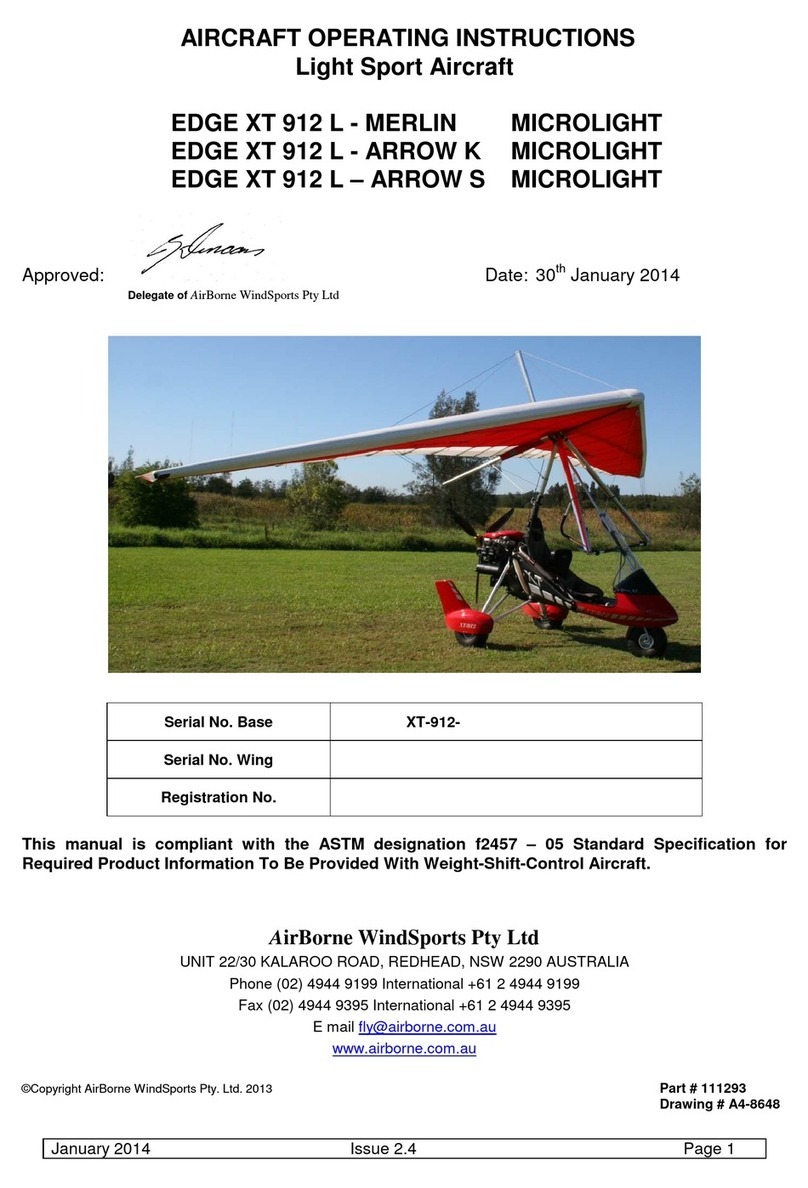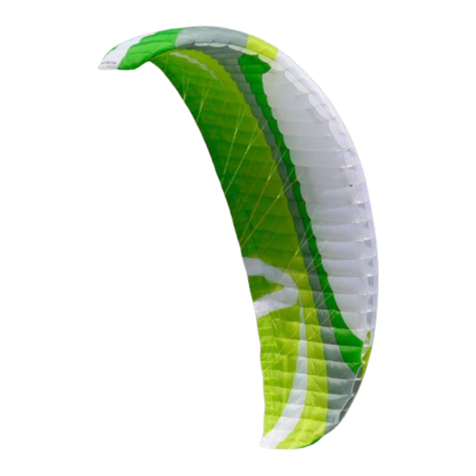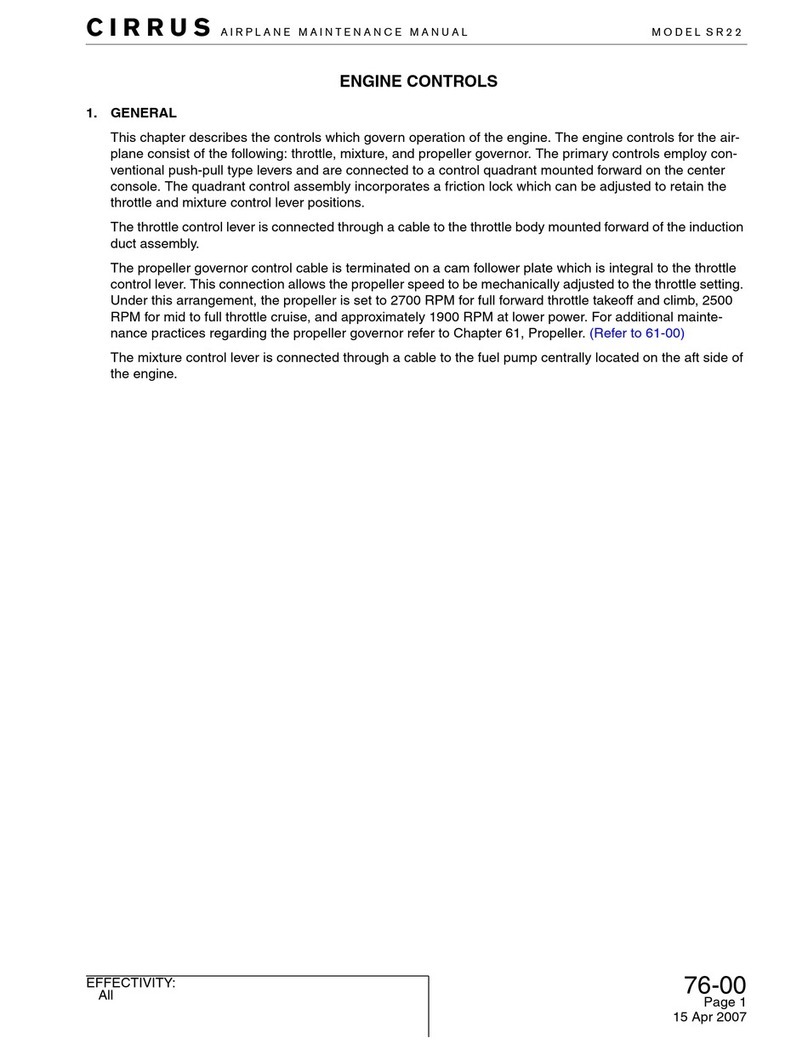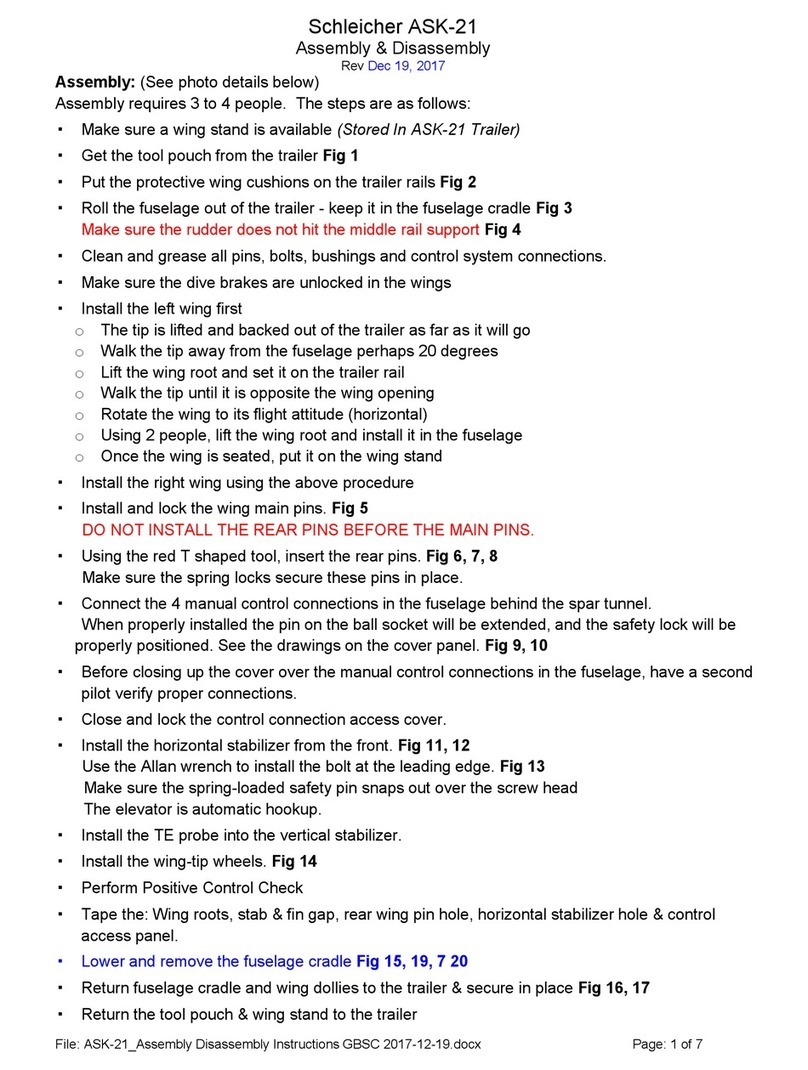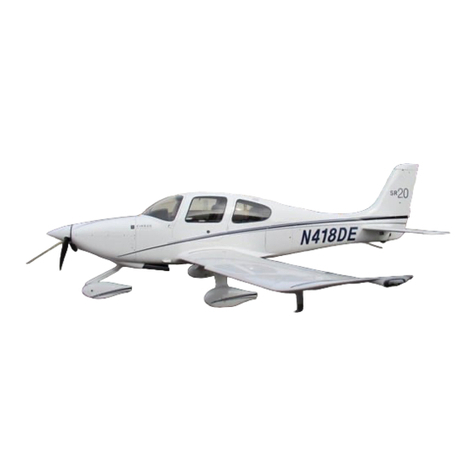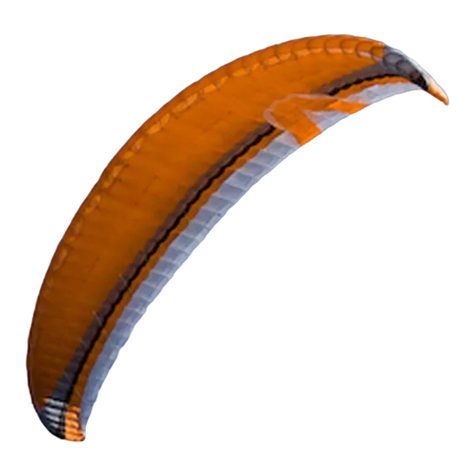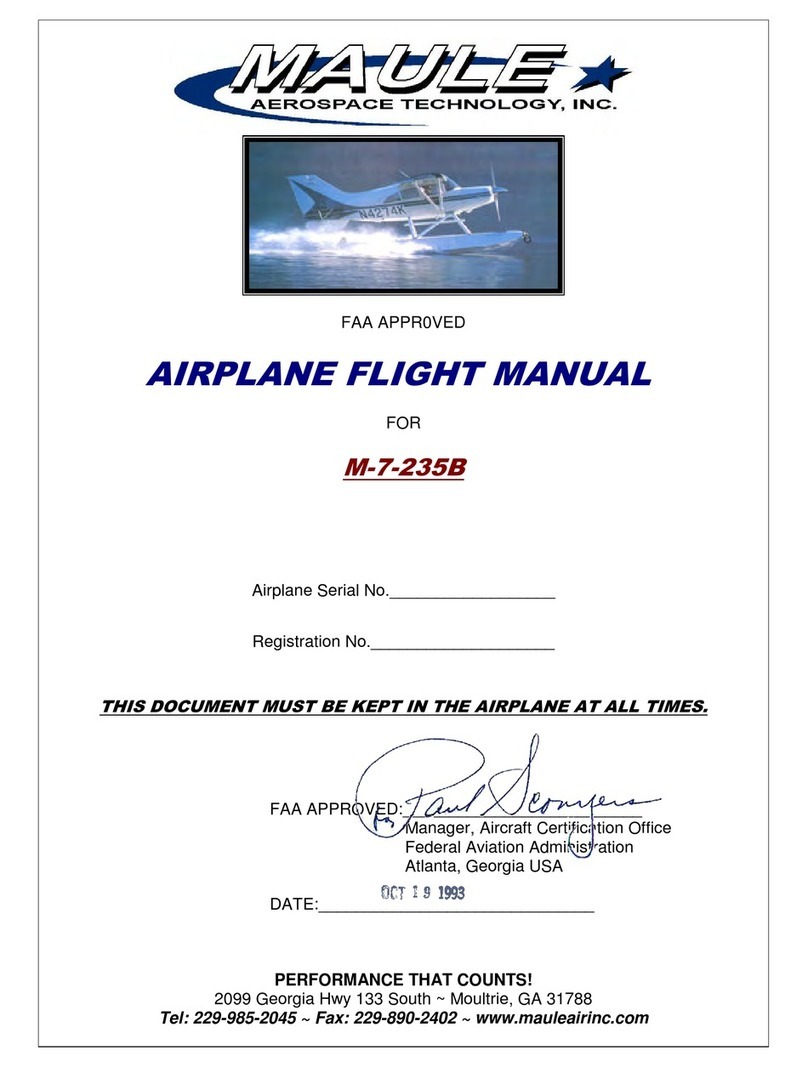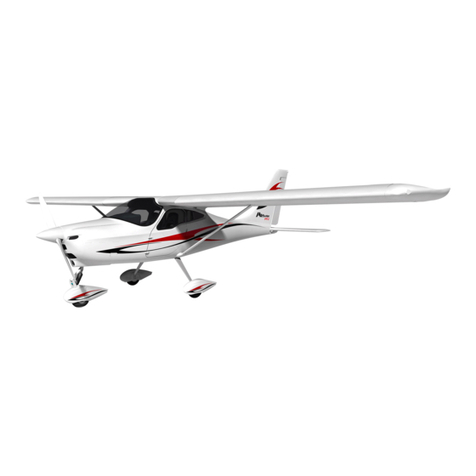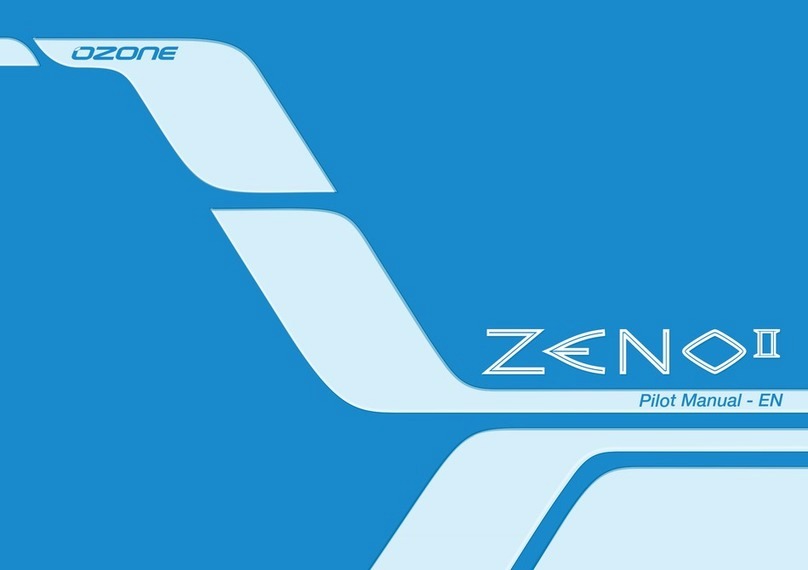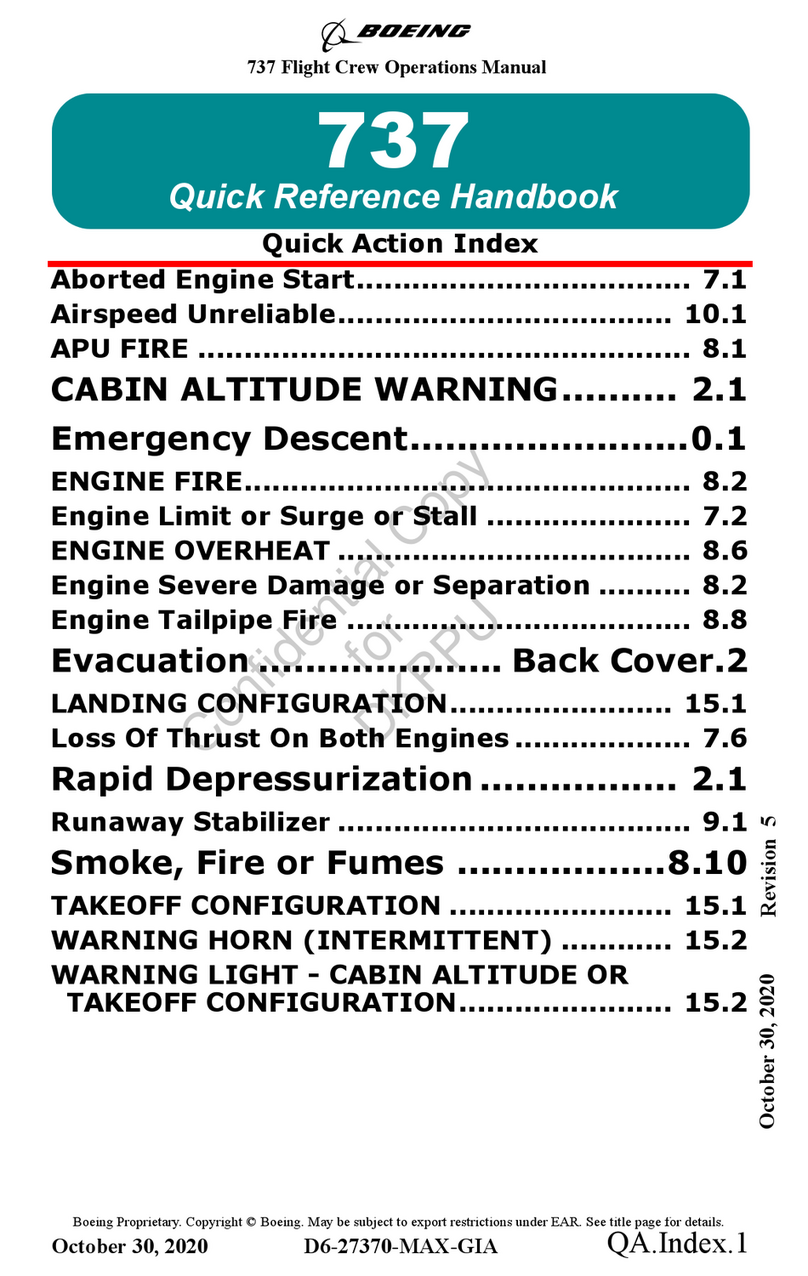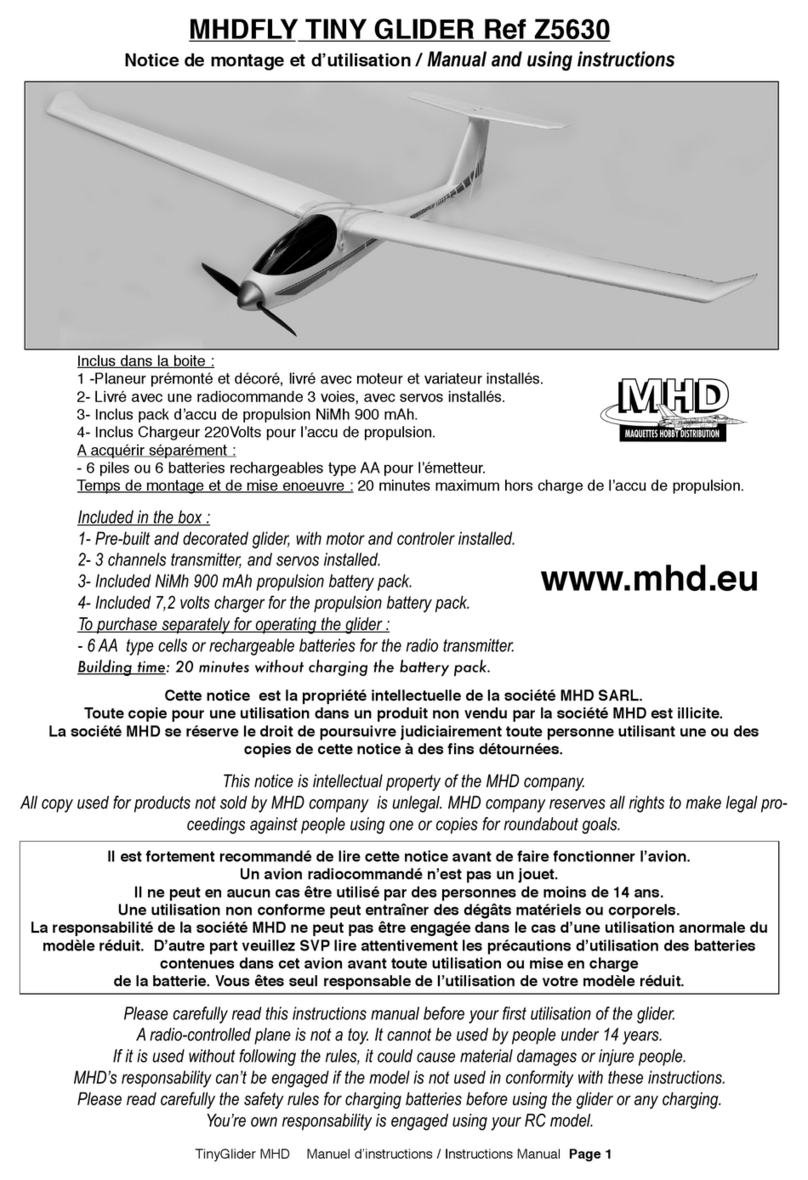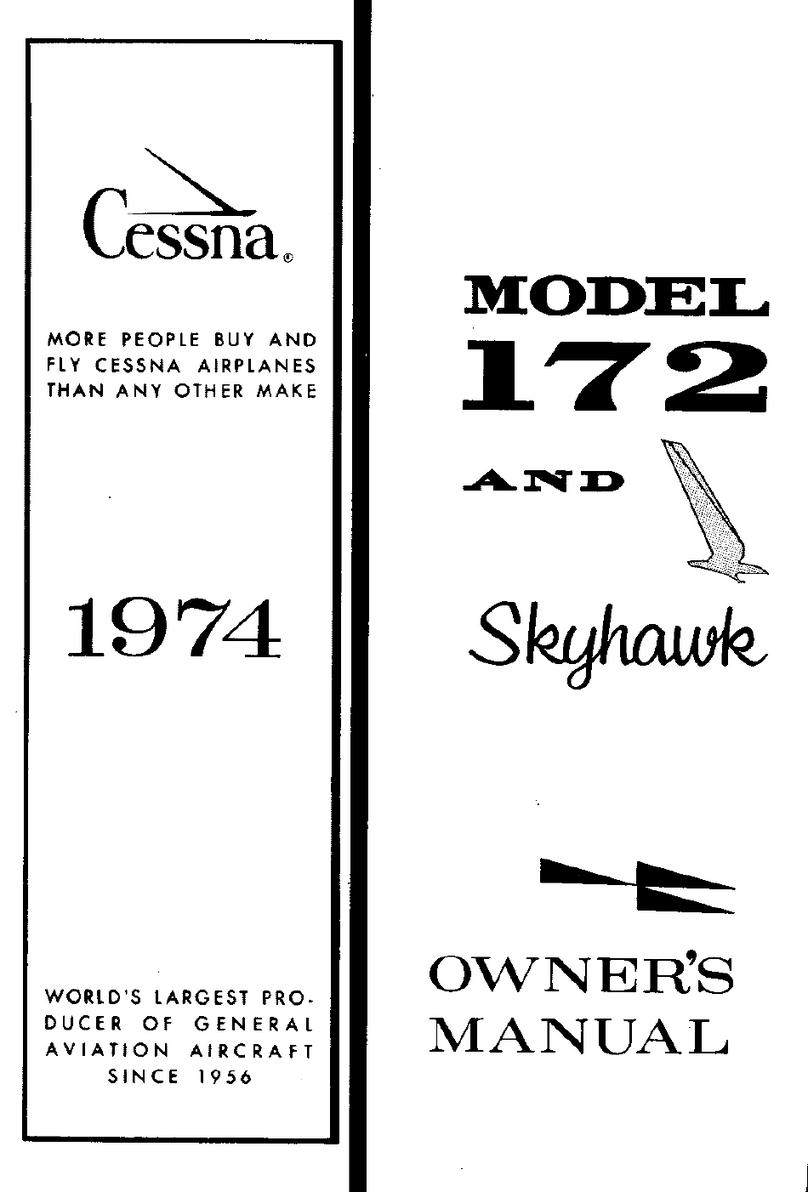Issue 1.1 Page 2
1 GENERAL
The Aircraft Operating Instructions (AOI) has various sections to comply with the ASTM standard. The
General Aviation Manufacturers Association (GAMA) format has been adopted and used where
applicable for this weight shift controlled microlight.
The AOI contains information for the XT 912 base coupled with either the Streak 3 wing or the Cruze
wing. All relevant information is supplied for either configuration. The operator must ensure that the
correct data is referenced for the particular wing base combination.
1.1 Introduction
This Microlight series has been designed and manufactured in accordance with the ASTM designation
2317-04 Standard Specification for Design of Weight-Shift-Control Aircraft.
The aircraft has also been designed to the higher level of certification requirements for weight shift
controlled aircraft. The design standard of BCAR Section S, has been used for certification as a primary
category aircraft.
As an Australian Company, we are proud of our range of microlight aircraft. Our microlights have been
developed to provide the economy and durability required to meet the exacting demands of our
Australian conditions.
The success of our microlights is based upon a high standard of product quality, innovative design
engineering and exceptional standards of reliability and performance that have been established since
1983.
Regular maintenance is required to keep your microlight in a safe condition. Detailed maintenance
requirements are outlined in the Wing and Base maintenance manuals. Please reference these manuals
to ensure your microlight is maintained correctly.
In the USA, the FAA registers and administers Light Sport Aircraft.
The AirBorne Team has developed from the long-standing friendship of a group of enthusiasts who share
conviction in the intrinsic advantages of weight shift controlled aircraft. The AirBorne Team is confident
your new microlight will provide you with many years of enjoyable flying, and we wish you and your family
safe and happy flying for the future. The operating procedures outlined in this handbook are the result of
AirBorne’s knowledge and experience gained since 1983.
NOTE
AirBorne data packages will be revised from time to time. It is therefore important that owners promptly
notify Airborne of any changes to their contact details. Owners registered on AirBorne’s database will be
notified of any changes to data and directed to the AirBorne web site (http://www.airborne.com.au/) for
the applicable pages. The amended pages should be printed and the replacement pages inserted in the
folder as soon as possible. The amendment table should at that time be updated with the appropriate
details and date. Revised pages will be sent by mail if requested from AirBorne WindSports, the contact
details are at the front of this manual.


